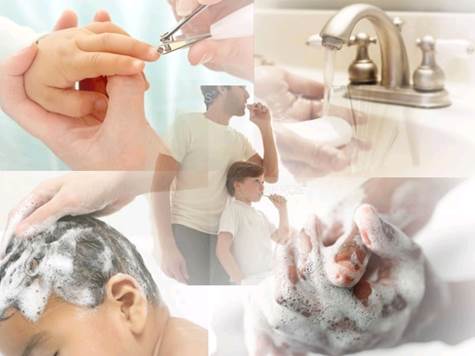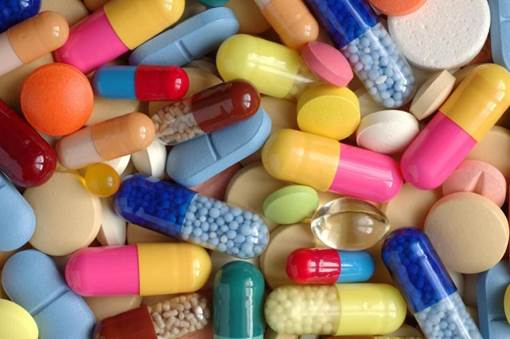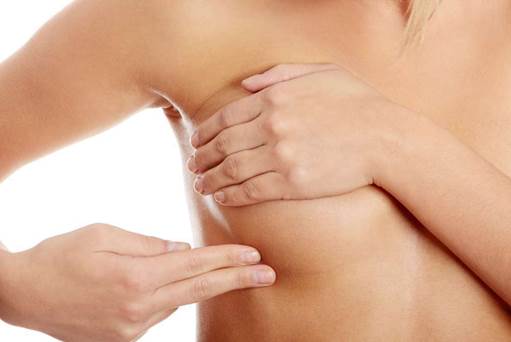Hygiene care is a primary thing in
reproductive health care. You should see a doctor every 6 months.
To pregnant women, hygiene care plays a
great role in reproductive health care. It’s the primary thing and can’t be replaced.
This post will give you information about
what to and not to do, what should be avoided so that you can be healthy, young
and charming.

Hygiene
care is a primary thing in reproductive health care.
Things that you should do when you’re in periods
Using
feminine hygiene solution
Blood that is excreted in periods is a
suitable environment for bacteria to develop. In this case, inflammation tends
to happens. For this reason, you need to use feminine hygiene solution like:
Gynofar, Lactacyd FH... by follow the steps which are diluting 10 ml feminine
hygiene solution with 400ml boiled water, use it twice a week, once in the
morning and the other in the evening.
Eating
healthily
You should provide yourself with protein which
is mainly from animals, such as pork, beef, pig’s heart, liver and kidneys,
eggs, milk and rich-calcium foods that are helpful to the hemostatic and
coagulation process. Additionally, you have to provide yourself with sugar,
fat, mineral salt, vitamins and fibers.
Using
vitamins and other necessary medicine in addition
In the days of menstruation, you need to
provide yourself with iron daily by taking an iron pill after the meal in order
to prevent anemia. Besides, calcium is also necessary in this period of time
because it helps the hemostatic and coagulation processes go well, which
prevents you from losing too much blood. You should take 2 pills a day and 1
Calci - D each.

Use
vitamins and other necessary medicine in addition
To the male teenager and women that are
breastfeeding, it’s necessary for them to be provided with vitamin A, about
50.000UI-100.000UI per month, in order to support the body’s development; you
should have little cooking oil when taking vitamin A because the vitamin is
dissolve in the oil and absorbed into the body.
Women who are middle-aged or over should
absorb calcium and Omega 3, 6, 9 elements that help protect the cardiovascular,
stimulate immune system and reduce the risks of inflammation, also help the
body develop healthily. Use a pill a day.
While having sex, the inflammation
possibility is high because the vaginal mucosa, the vulvar vestibular and the
external urethral orifice are jarring. The virus has chances to go to the
inside the vagina and to the cervix and cause inflammation. Clean the vagina and
take a pee after having sex will prevent viruses from having chances to develop
and cause inflammation.
Especially, if you have sex for having
babies, you should get cleanup after 6-8 hours.
Doing
breast self-examination daily
Breast examination is an important step in
order to detect the breast abnormal, such as tumor, nipple secretion, sores or
breast shrinkage. All of the abnormalities is able to be detected when you do
self-examination.

Do
breast self-examination daily
You should do self-examination after the
periods end because at that time, breast tissues are soft and have no erection
so that you the exams more easily. Sit in front of a mirror, observe the
breasts when doing movements which are raising 2 arms over the head or putting
hands behind the hips. Use a hand to lightly turn the nipples by clockwise
while raising the other one up highly. After that, you can lie on your back and
make the breast examination.
Having vaccination to prevent cervical
cancer makes good effects on people who are vaccinated.
Taking
early cervical cancer examinations
Cervical cancer is popular in female.
Taking cervical cancer examination early can increase the opportunities of
completely removing cervical cancer, which is a big step of the medicine.
Therefore, in the reproductive health care, taking the examination by testing
cervical cells in order to detect the harmful cells in the early stage is very
meaningful. Women should take recurrent medical examinations and cells tests
every 6 months can ensure the health and reproductive health of yours.
At present, there’re vaccines to prevent
cervical cancer for female from 12-28 years old. We should have vaccination so
that we can reserve our health.